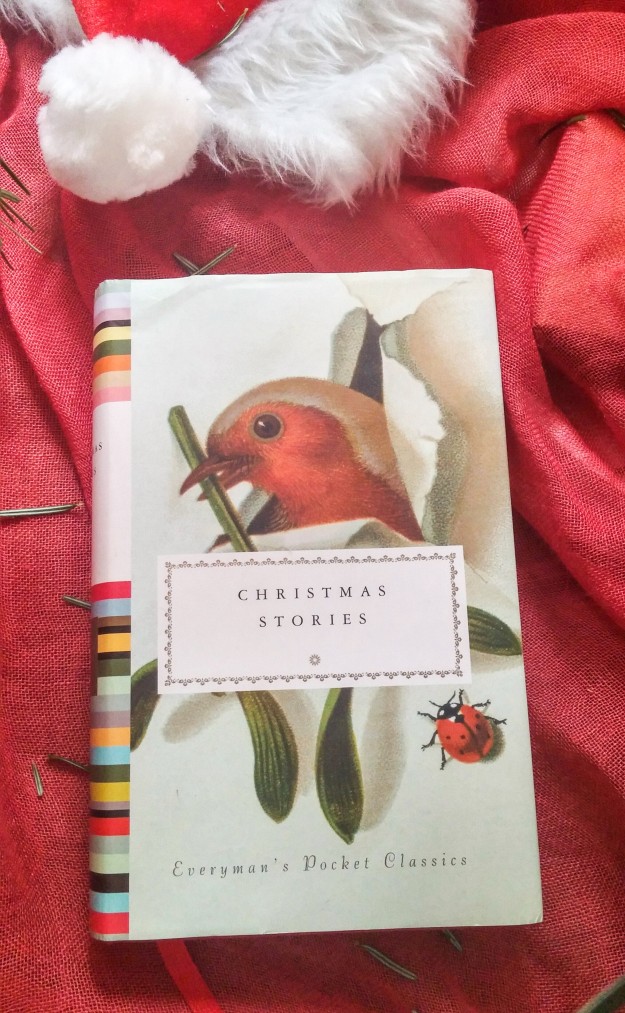
Elizabeth Bowen’s sixth novel, The Death of the Heart, (1938), begins with exquisite prose describing the lake in Regents Park at the height of winter. She fills us with the beauty of London in mist, of the lake’s ‘indignant’ swans, with its gray, white coldness and sublimity, as though cold were light. From here follows dialogue that is so engaging and humorous as to fit the categories of both setting and description. Of course, the quick, witty parlance of these two Londoners, Anna and her friend, St. Quentin, propel the story along – adding more fascination. Of Bowen’s large oeuvre, including novels and short fiction, most of her settings take place in London, between the wars or during wartime.
Anna and Thomas Quayne live across from Regents Park in a posh home called Windsor Terrace. He is an advertising executive and she has an inheritance of her own. They are wealthy yet incomplete. They have these droll conversations with each other when they’re alone;
Anna: “Darling, don’t be neurotic. I have had such a day.”
Thomas: “We are minor in everything but our passions.”
Anna: “Wherever did you read that?”
Thomas: “Nowhere: I woke up and heard myself saying it, one night.”
Anna: “How pompous you were in the night. I’m so glad I was asleep”.
But, these amusing exchanges become more acerbic after Thomas’ younger sister, Portia, moves in. She has been recently made an orphan, but the grief of a sixteen-year-old girl remains hardly recognized by the Quayne couple.
Still, Portia and Thomas have a natural sibling-bond, though they hardly know each other, and Thomas is older than Portia by nearly twenty years. That distance is enhanced by the fact that Portia’s mother was their father’s mistress. In a less guarded way, Thomas and Portia speak with familiar ease when in Thomas’ study, away from Anna. He asks Portia how her classes are coming along. She thinks history is “sad.”
“A lot of bunk and graft,” answers Thomas. He truly cares about Portia, in his way, and they both feel a specialness about each other, which is felt rather than expressed. They have their father in common.
However, Thomas’ attention trails off. He can only put in so much effort with Portia. He retreats to his own individual sorrow. As for his wife, Anna: She forgets to pay attention. When they fall short of engaging with Portia, as if she were only an unavoidable fixture in the room, Portia’s eyes wander into the middle distance, across the room or out the window. Often, she would become absorbed with memories of her mother and their life in Europe, spent mostly in hotels where they constantly met new people while traveling. Portia may retreat to her memories; yet she is more than circumspect. She is a keen observer whether she wants to be or not. She notices every nuance and every look (or lack there-of). Hence, her quiet intuition has everyone on their guard – an unexpected annoyance that was unforeseen by Anna, having never met Portia, except when she was a baby, and so not knowing how the girl had grown into an acutely observant teenager.
Soon, Portia’s minimalist but no less potent diary plays a bona fide part in the story, secretly locked away and yet read by too many people, especially Anna. For Anna sees something of herself in Portia. Even then, it seems to never really occur to either Anna, or Thomas, amidst their elite lifestyle, that Portia is not only extremely sensitive even for a teenage girl but is also in grief
Of the handful of people that Portia meets through her brother and sister-in-law, Major Brutt is the warmest. He genuinely likes Portia. He appreciates her young curiosity and is cheered by her quite charming sociability. A generous person, who delights in delighting others, Major Brutt sends Portia large, boxed puzzles, while sending Anna flowers (that she can’t stand.) As Portia works at Major Brutt’s puzzles, the metaphor becomes poignantly clear. She asked herself humbly for what reason people said what they did not mean, and did not say what they meant. She felt most certain to find the clue when she felt the frenzy behind the clever remark.
It is when Portia falls in love that she is brought nearly to the breaking point. Eddie is a young Londoner, a rogue, a wit, handsome and irresistible. He is as much an outsider as Portia and Major Brutt, yet Eddie manages to somehow belong, in his own unique way. As an effusive character, Eddie brings out all of the dodgy secrets, namely Anna’s. One by one, we witness the surfacing of these secrets and Portia’s struggle with them. In any brilliant story, there is always at least one character who transforms; we hardly want Eddie to change, as he is the perfect villain, or half-villain, with his bizarre witticisms and his constant use of the word, “darling,” and his dark instability. He himself admits to being “wicked” – indeed, his provisionally winning personality depends upon being hopeless and self-deprecating. Yet, he nestles into Portia’s unaffected friendship and her artless love. Portia and Eddie have tea together at Madame Tussaud’s, much like Alice in Wonderland and The Mad Hatter.
In this story, Portia transforms the most dramatically. Unlike the other characters, Portia grows up. Elizabeth Bowen often made children the most interesting component of her stories, shaping their characters and lovingly weaving them into the fabric of her writing. She knew children, as she knew all human character.
At first, I was troubled by the title, The Death of the Heart, it sounded so morbid. As I read, I kept wondering whose heart would die. I feared it would be Portia’s. Actually, Portia is the only character who really has a heart, and though she experiences every variety of tragedy and heartache, she manages to make the attempt at saving everyone else from the death of all human compassion in their dull hearts.
Elizabeth Bowen might have been called the Mother of modern story-writing. Not only did she have a natural, flowing feel for dialog, she had an apparent instinct for placement and when to write a clever remark after a bit of secret history; when to fit the facial gesture of her least favorite character into some beautifully sublime scenery. In The Death of the Heart, Bowen makes writing look easy; which of course, it isn’t.
As one of her more mysterious characters, Anna’s friend, St. Quentin, says, “Nothing arrives on paper as it started, and so much arrives that never started at all. To write is always to rave a little.”
.









